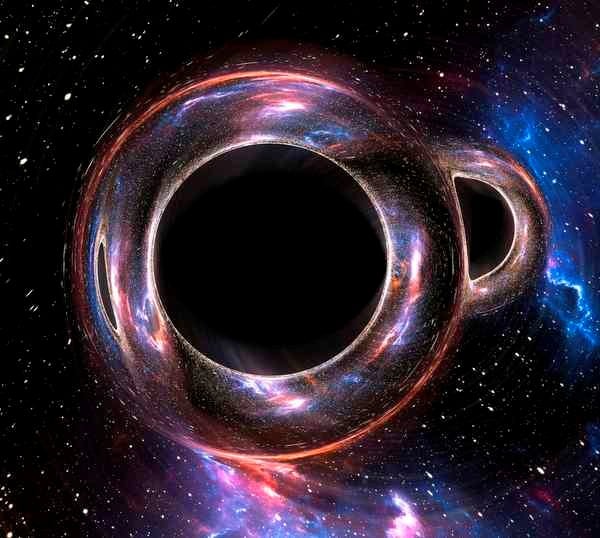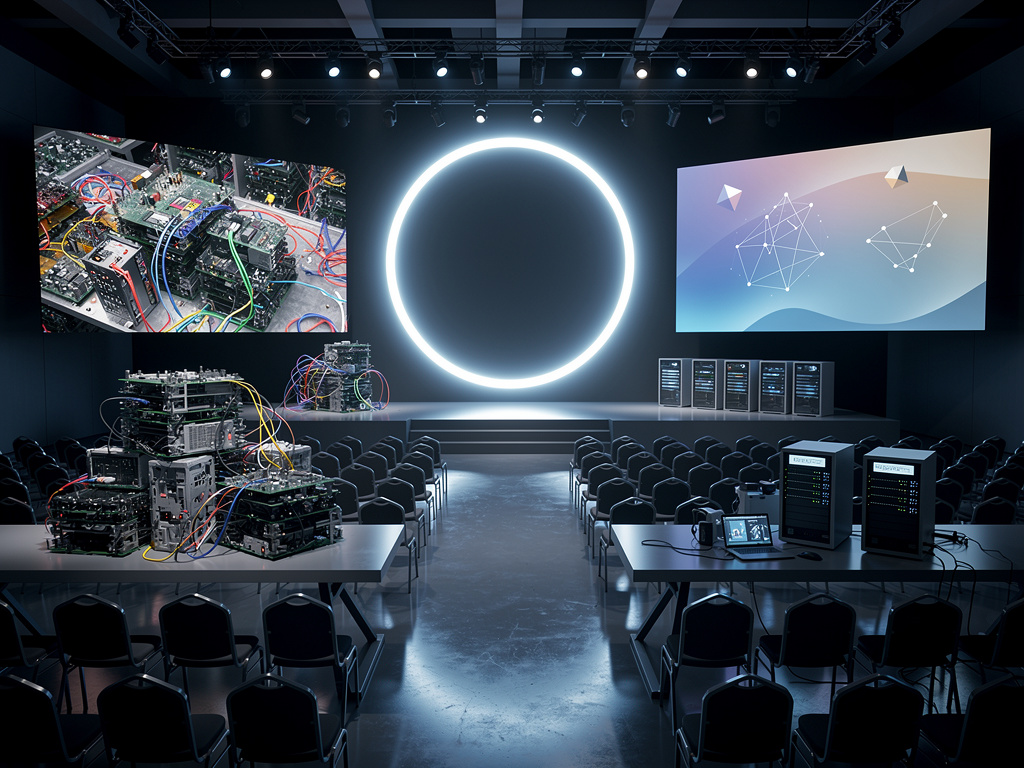A groundbreaking study published on November 6, 2025, in the *Monthly Notices of the Royal Astronomical Society* indicates that the expansion of the universe may be slowing down, challenging long-held beliefs about cosmic acceleration driven by dark energy. This research, led by Professor Young-Wook Lee from Yonsei University in South Korea, suggests that dark energy, which has been thought to push galaxies apart at increasing rates, may actually be weakening.
For nearly three decades, astronomers have maintained that the universe’s expansion is accelerating due to dark energy, a force that acts like “anti-gravity.” This notion gained prominence following the discovery of distant type Ia supernovae, which earned the 2011 Nobel Prize in Physics. The recent study, however, casts doubt on the assertion that cosmic expansion continues to accelerate.
Rethinking Cosmic Measurements
The research challenges the reliability of type Ia supernovae as “standard candles” for measuring cosmic distances. Professor Lee and his team discovered that these supernovae are influenced by the ages of the stars that create them. After analyzing data from 300 host galaxies, they found a statistically significant age effect: supernovae from younger stars appear fainter than those from older stars.
This finding indicates that part of the dimming previously attributed to cosmic acceleration might stem from differences in stellar populations rather than universal expansion. The researchers applied a correction for this age-related bias, which revealed that the supernova data no longer aligned with the standard ΛCDM model, which assumes a constant form of dark energy. Instead, it aligns more closely with a newer model supported by the Dark Energy Spectroscopic Instrument (DESI) project.
Implications for Cosmology
The new model suggests that dark energy is not constant but evolves over time. By combining the corrected supernova data with measurements from baryonic acoustic oscillations (BAO) and the cosmic microwave background (CMB), the evidence indicates that the universe may have already entered a phase of decelerated expansion.
Professor Lee stated, “Our analysis shows that the universe has already entered a phase of decelerated expansion at the present epoch and that dark energy evolves with time much more rapidly than previously thought.” If these results are confirmed, they could represent a significant paradigm shift in cosmology since the discovery of dark energy approximately 27 years ago.
To further validate their conclusions, the Yonsei team is conducting an “evolution-free test,” focusing solely on supernovae from young, coeval galaxies across the entire redshift range. Early results have already shown support for the main finding. Research professor Chul Chung, co-lead author alongside PhD candidate Junhyuk Son, emphasized the importance of upcoming data from the Vera C. Rubin Observatory, which is expected to discover over 20,000 new supernova host galaxies in the next five years. This will provide precise age measurements to enable a more definitive test of supernova cosmology.
Located in the Chilean Andes, the Vera C. Rubin Observatory begins scientific operations this year and is anticipated to transform our understanding of the universe.
Despite the advances in research, the mystery of dark energy remains. While previous data from DESI hinted at a potential change in dark energy’s influence over time, this new study adds weight to that notion. With cutting-edge instruments, astronomers are hopeful of finally unraveling the true nature of dark energy and its role in shaping the universe’s fate.
In conclusion, the findings from Yonsei University not only challenge established concepts in cosmology but also pave the way for future research that may redefine our understanding of the universe’s expansion and the enigmatic dark energy.







